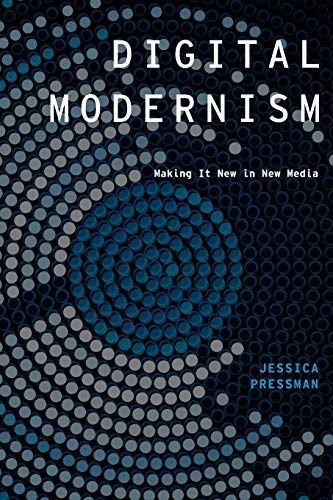
Digital Modernism Making It New in New Media
While most critical studies of born-digital literature celebrate it as a postmodern art form with roots in contemporary technologies and social interactions, Digital Modernism provides an alternative genealogy. Grounding her argument in literary history, media studies, and the practice of close-reading, Jessica Pressman pairs modernist works by Ezra Pound, James Joyce, and Bob Brown, with major digital works like William Poundstone's Project for the Tachistoscope {Bottomless Pit}, Young-hae Chang Heavy Industries's Dakota, and Judd Morrissey's The Jew's Daughter to demonstrate how the modernist movement of the 1920s and 1930s laid the groundwork for the innovations of electronic literature. Accordingly, Digital Modernism makes the case for considering these digital creations as "literature" and argues for the value of reading them carefully, closely, and within literary history.